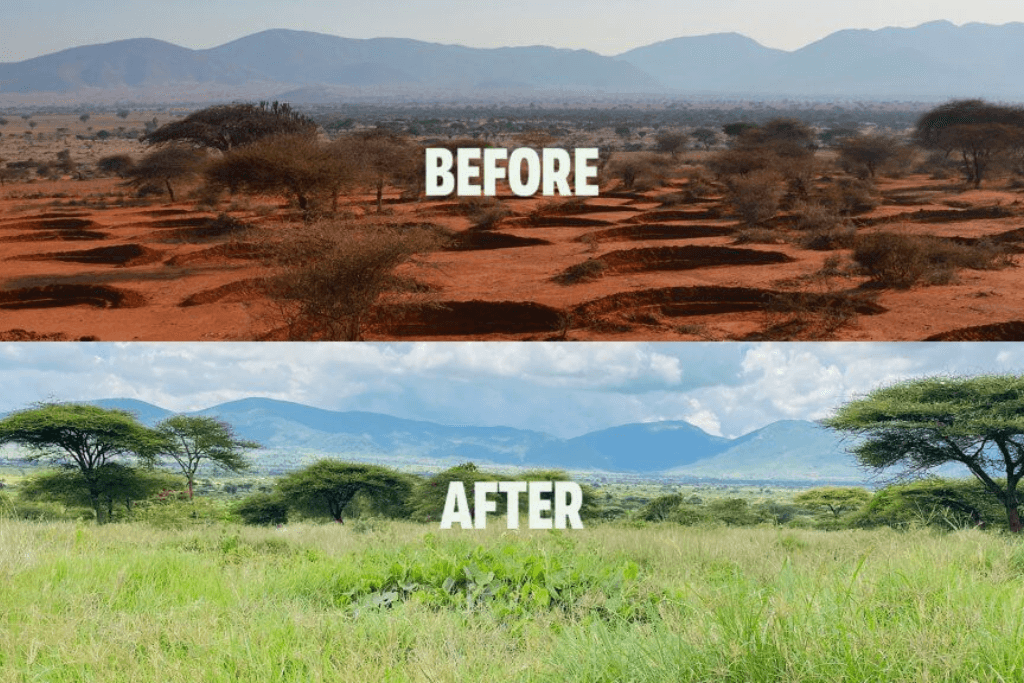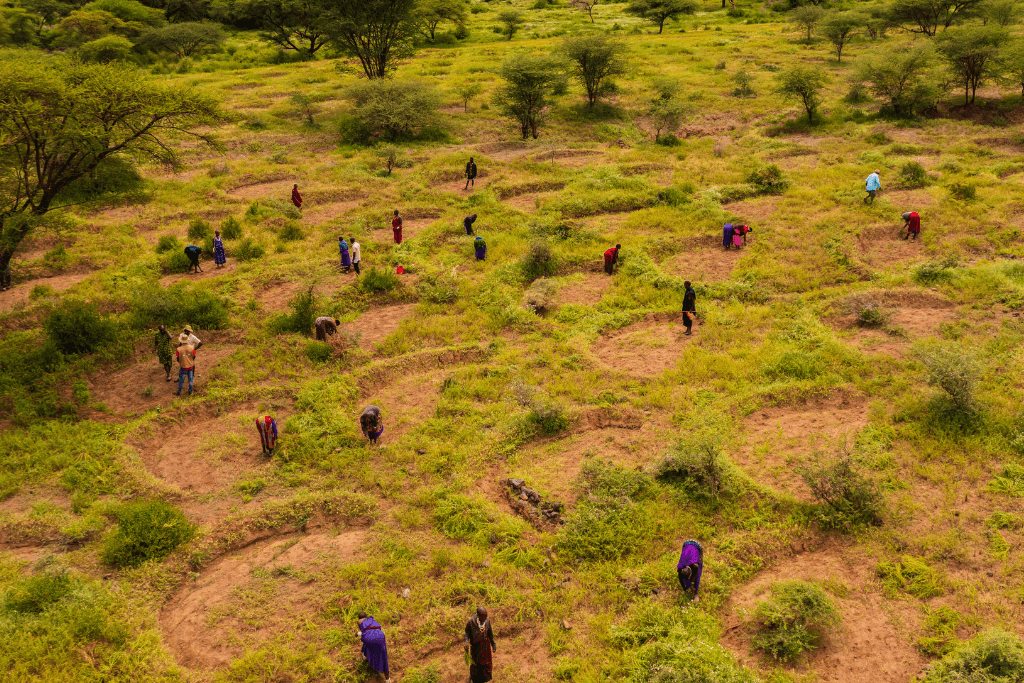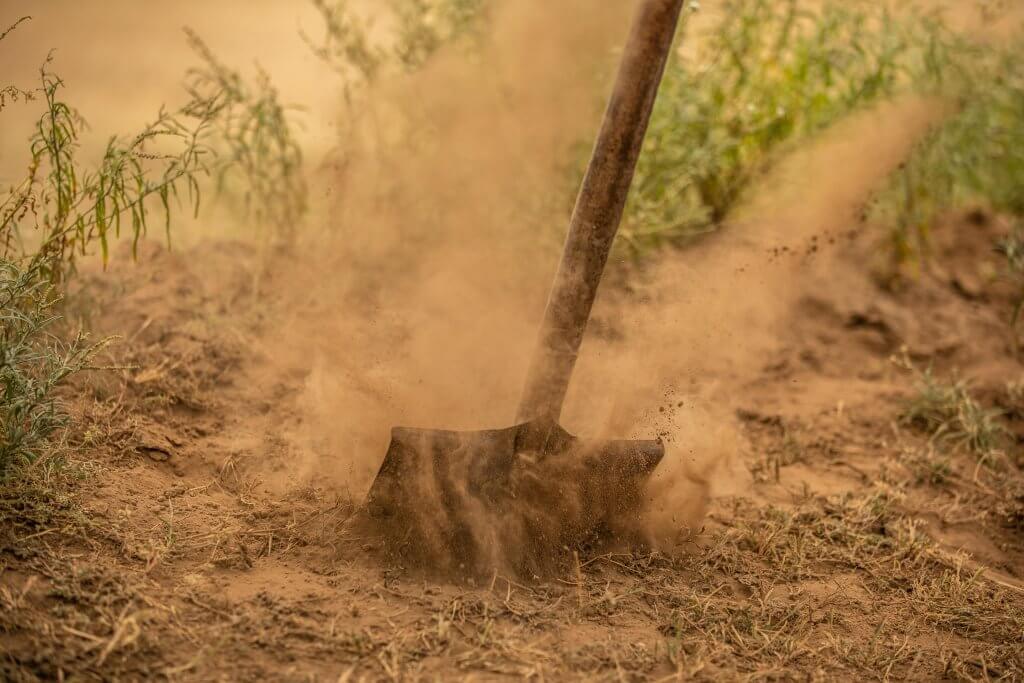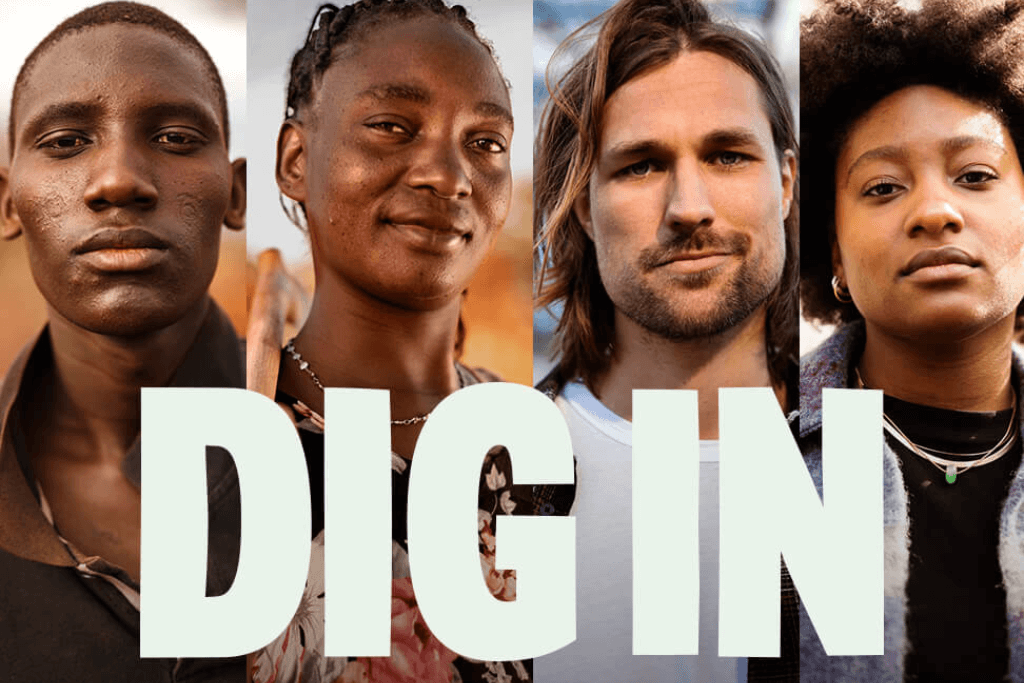Singida update I 2023
Singida update 2023
This year’s progress report is filled with good news about our growth! We celebrate the third anniversary of the Regional Office East Africa in Nairobi, where most of the programme activities are now carried out. We are working on many more others, and one of them is designing a new programme in Senegal. This aim is to bring back trees and restore degraded farmland. We are also thrilled to share that most project areas in Kenya and Tanzania received much-needed rain last season, as they experienced droughts during the rainy seasons!
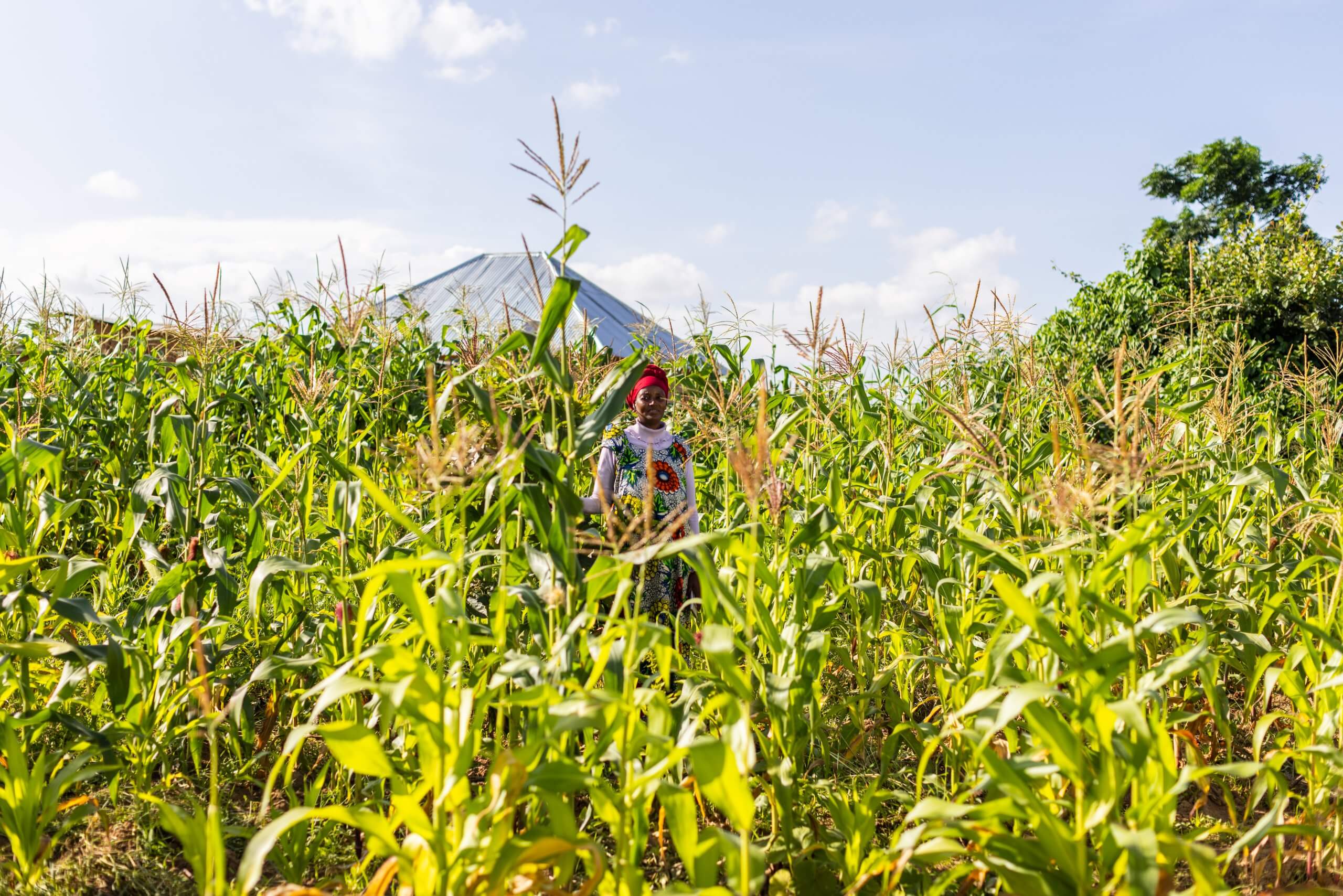
The regreening programme in the Singida region has been proceeding very well. Although we see some variation in the progress between different districts, the programme is generally on course to reach the targets. Currently, 30,141 households have been trained, of which 23,741 have started practising FMNR (Farmer Managed Natural Regeneration). 440 institutions, like churches, mosques, health posts, and schools, have started bringing back trees too. We also promoted regreening degraded areas of communal land into village forest reserves, of which 147 have been established. All combined, over 2.3 million trees have been regenerated so far! Besides FMNR, we also promote the digging of water harvesting trenches. We usually use their Swahili names – Fanya Juu and Fanya chini. These interventions mainly apply to sloping land, where they prevent runoff and erosion and retain rainwater for plant growth. In this programme, 215 farmers have started digging these trenches. Together, they dug 314 fanya’s with a total length of almost 12 kilometres!
Moreover, one of the core activities in this reporting period was organising training sessions for champion farmers. All 264 champion farmers came together in Singida town to get a refresher on Kisiki Hai and to learn more advanced aspects and skills about bringing back trees and sustainable land use. Sustainable use and harvesting of Kisiki Hai trees was one of the most important topics, where champion farmers are taught how to benefit from trees, like firewood, fruits, and traditional medicine, without cutting down the trees! So, to raise awareness about this, we aim to increase the sustainability of the impact realised so far by making sure as many trees as possible get the chance to grow big. Other topics covered were conservational agricultural practices, climate change challenges and coping strategies, entrepreneurship opportunities in forest products, making and using energy-efficient stoves, and restoring and maintaining soil fertility. By training these champion farmers, we aim to reach as many farming households as possible to make an impact on a large scale.
Although they are generally highly motivated and content about their position within the programme, sometimes it is required to replace some champion farmers. This is because champions can sometimes move away from their village, pass away, or are not motivated enough to carry out their tasks. So, where it is needed, new champion farmers are selected and trained to make sure the programme also reaches its targets in these villages. But, coaching and mentoring champion farmers by district coordinators is done continuously. District coordinators have been coaching and mentoring champion farmers, who are essential in promoting the interventions and monitoring the adoption. Overall, coordinators have done 276 village visits, where champions have been guided, and farmers have been visited!
